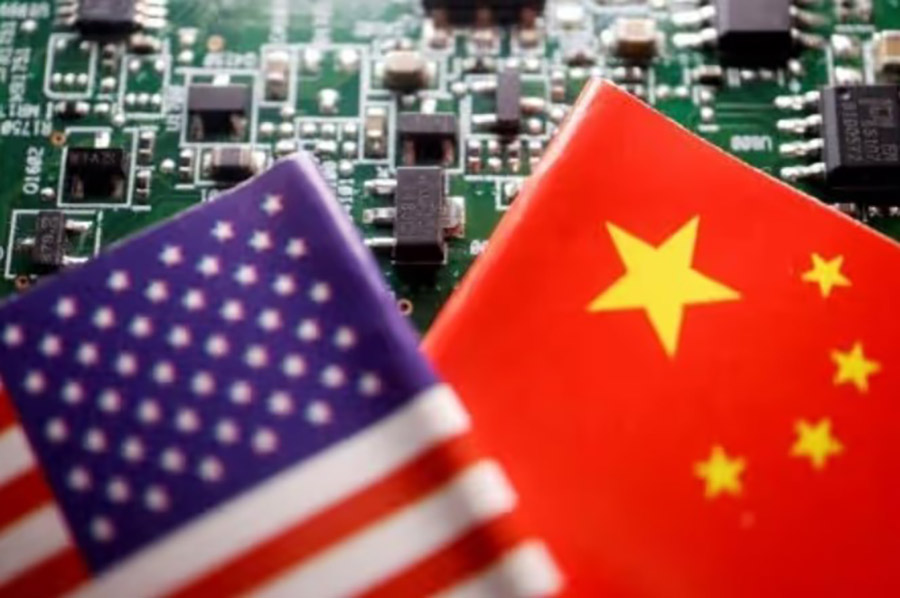SHANGHAI- Chinese listed firms are embracing hedging at a record pace, according to consultancy data, as market volatility rises and China grows its derivative market.
During the April-June period, more than 120 China-listed companies in non-financial sectors unveiled plans for the first time to hedge risk using tools such as options and futures, the most for any quarter.
That brings the number of listed firms that announced hedging arrangements in the first half to more than 1,000, almost matching last year’s total of 1,133, according to risk-management consultancy D-Union.
“The popularity of hedging is due to rising uncertainties including foreign exchange risks,” said D-Union CEO Ma Weifeng.
He added that China’s more stringent disclosure rules around hedging could also contribute to the record quarterly number.
Forex hedging is popular among Chinese companies, according to D-Union, as regulators allow market forces to play a bigger role in deciding the yuan’s value.
The yuan broke the psychologically important 7-per-dollar level in May, then slumped more than 5 percent against the greenback in the second quarter amid China’s flagging post-COVID recovery.
Companies including Semiconductor Manufacturing Electronics (Shaoxing) Corp and liquor giant Luzhou Laojiao Co Ltd announced plans in the second quarter to hedge against forex risks.
Measures to develop China’s derivative market also boosted interest in hedging, Ma said.
China’s Futures and Derivatives Law took effect last August, while Shanghai and Shenzhen stock exchanges have also published new rules that set higher standards for hedging activity disclosures.
Electronics, basic chemicals, and electrical equipment were among sectors that were most active in hedging during the second quarter, according to D-Union data.
For example, Sieyuan Electric Co Ltd a manufacturer of power transmission equipment, said in June that it planned to use tools to hedge against volatility in the price of copper – a key ingredient of production.
China on Monday said it will control exports of some metals widely used in the semiconductor industry, the latest salvo in an escalating war over access to high-tech microchips between Beijing and the United States.
The controls, which China said were aimed at protecting national security and interests, will require exporters to seek permission to ship some gallium and germanium products.
The move to manage exports of the rare elements that Beijing classifies as strategic, comes as Washington mulls new restrictions on the shipment of high-tech microchips to China, according to media reports.
The United States and the Netherlands are also set to deliver a one-two punch to China’s chipmakers this summer by further restricting sales of chipmaking equipment, part of efforts to prevent their technology from being used to strengthen China’s military.
China’s controls, to take effect from August 1, will apply to eight gallium-related products: gallium antimonide, gallium arsenide, gallium metal, gallium nitride, gallium oxide, gallium phosphide, gallium selenide and indium gallium arsenide.
They will also apply to six germanium products: germanium dioxide, germanium epitaxial growth substrate, germanium ingot, germanium metal, germanium tetrachloride and zinc germanium phosphide.
Exporters will need to go through procedures to obtain export licenses, China’s commerce ministry said in a statement.
Anyone exporting these products without permission and those who export in excess of the permitted volumes will be punished, it said.
Germanium is also used in infrared technology, fiber optic cables and solar cells.




